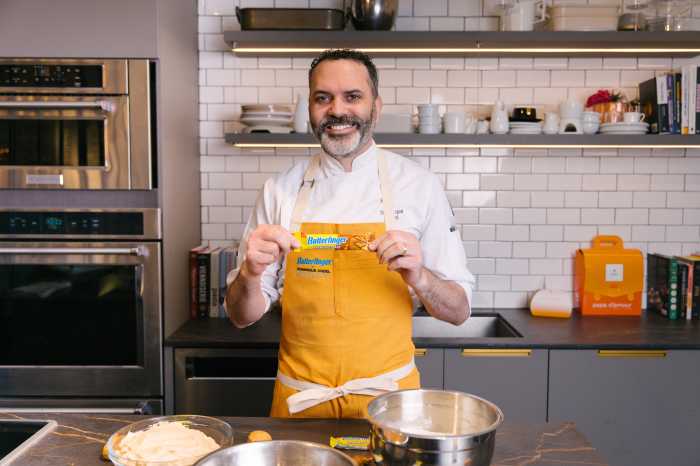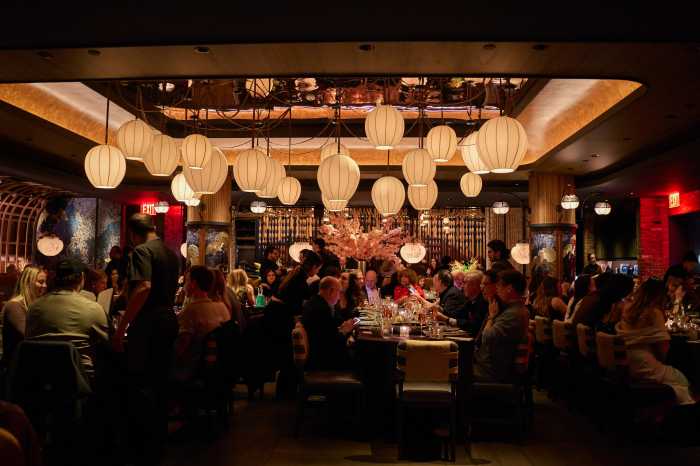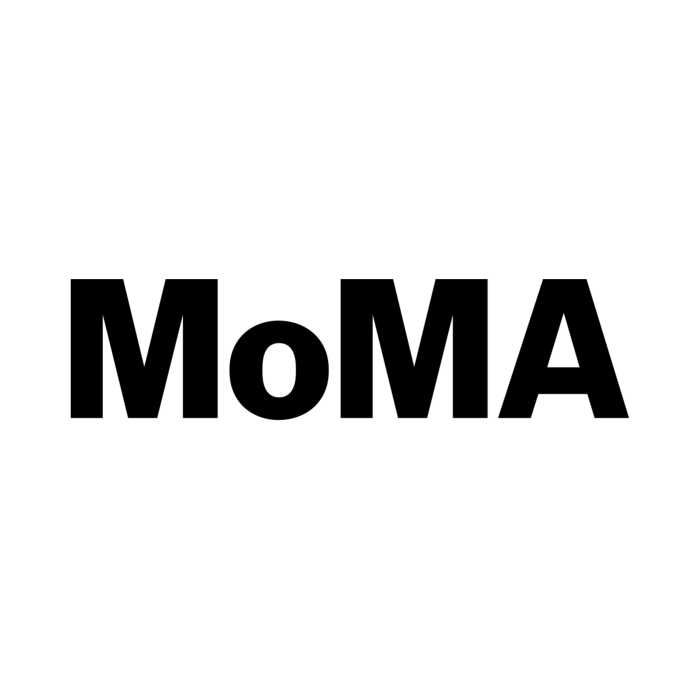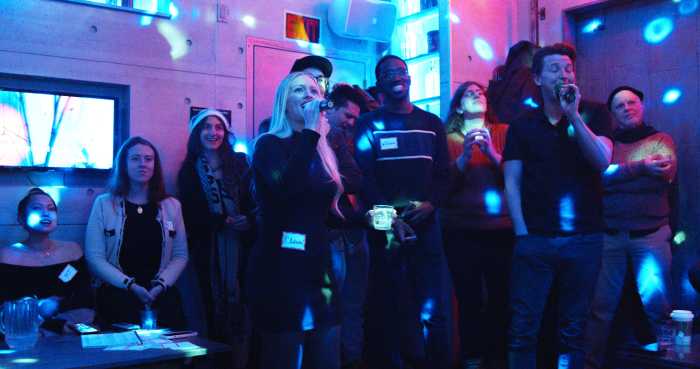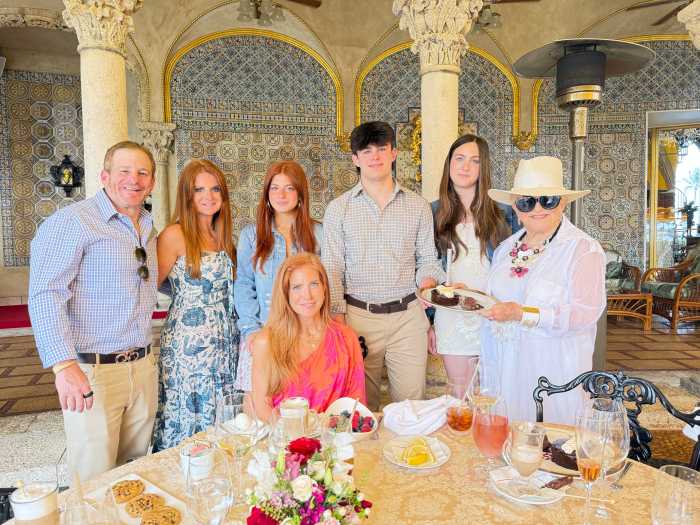At the age of 9, Natalie Portman decided to become a vegetarian. It took reading her friend Jonathan Safran Foer’s 2009 book “Eating Animals” — an examination of the modern factory farm — to give up eggs and dairy too and go vegan.
“It was pretty immediate,” said the Los Angeles-based actress, 37. “When I read the book, I think I had already thought about dairy and eggs, ‘Oh, it doesn’t kill the animals, it’s just using the products that they naturally make.’ When I realized how harsh it was on the animals and also how damaging to the environment and also to the people who live near these farms, it was really completely life-changing for me.”
Portman was so affected, she also approached Foer about turning his book into a film. The documentary, “Eating Animals,” comes out Friday, with Portman producing and narrating.
Directed by Christopher Quinn, the film examines the environmental and moral implications of industrialized agriculture, visiting both small and contract farmers in states such as Iowa, Kansas and North Carolina.
amNewYork spoke with Portman about the film and why she wants everyone to start eating a little bit less meat.
In New York City, we’re so removed from the farm. Do you see this film opening that world up a bit and showing what the industry is really like?
I think it’s really surprising to most of us. When I think of a farm, I think of grass and fences and a farmer and cows walking around. And it’s not like that at all. There’s cement blocks and nothing on the ground and animals packed together. And it’s really very extreme conditions. And environmentally, it’s the biggest pollutant to our environment.
The film can be bleak at times, but also hopeful. Do you see change moving forward?
I think it comes from consumer demand, and I think consumers do care more about this than ever before. I mean, Walmart started having organic food because people were coming in asking for it. So the same thing can be said for vegetarian and vegan options — that the more people demand it, the more it’s going to become common. Already you see a lot of fast food places offering vegetarian options. And Jonathan always said that now on college campuses there are more vegetarians than Catholics. It’s a growing phenomenon; the demand will affect the change.
What next steps do you see people making after they watch the film?
Just thinking, if you could try once a day to not eat meat, that would make a big difference. If you just don’t do it at one meal a day, or one day a week. That seems like a good way to start, to test it out. . . . There’s certainly people who are more likely to just completely change their eating habits, and there’s some people who will change their eating habits once a day or once a week in a more moderate way. It will be, I think, a big change if everyone just does a little bit. If everyone could change their eating habits a little bit, it will completely change the way animals are farmed.
What is your family’s diet like?
My husband [Benjamin Millepied] is not vegan. He kind of eats everything. But he’s definitely more conscious of all of it because of eating around me and watching this film. He’s very careful about where he sources his meat and fish and he’s always, if we’re at a restaurant, he finds out where it’s from. My kids, I wanted them to make their own decisions. My son [Aleph, 7] has become quite vegetarian and feels very strongly about it. My daughter [Amalia, 16 months] is too little to make the decision.
When in New York City, are there vegan restaurants you go to, or ones that can accommodate vegans?
I tend to go to places that have vegan options, not often actual vegan restaurants. I think Dirt Candy is really delicious. I like Il Buco a lot, the Italian place. They do vegan pastas and usually there’s some sort of vegetable or salad. The menu always changes. And we go to Sobaya a lot, the soba place in the East Village.
IN THEATERS
‘Eating Animals’ is screening at the IFC Center and Landmark at 57 West starting Friday.




